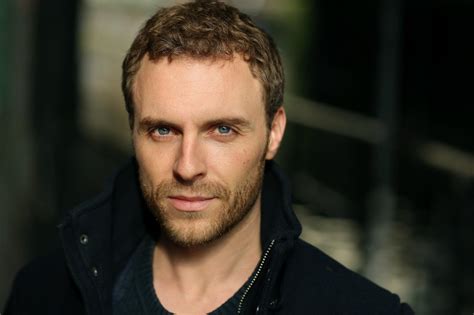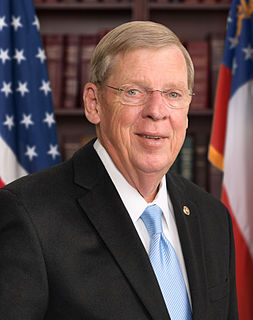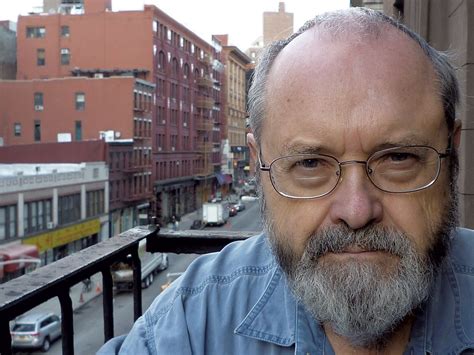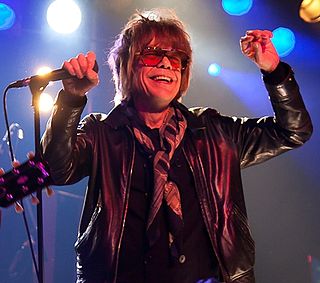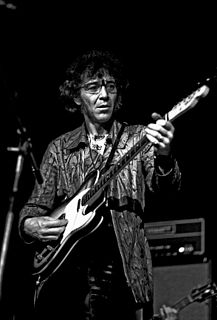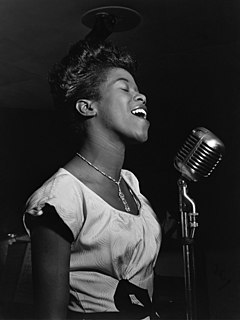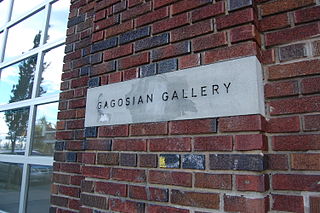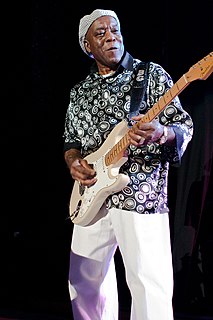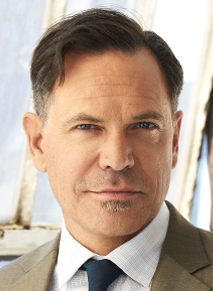A Quote by John Mayall
Once you start collecting records you learn more and more about jazz and blues.
Quote Topics
Related Quotes
My school music teacher, Al Bennest, introduced me to jazz by playing Louis Armstrong's record of "West End Blues" for me. I found more jazz on the radio, and began looking for records. My paper route money, and later, money I earned working after school in a print shop and a butcher shop went toward buying jazz records. I taught myself the alto saxophone and the drums in order to play in my high school dance band.
Is it wrong, wanting to be at home with your record collection? It's not like collecting records is like collecting stamps, or beermats, or antique thimbles. There's a whole world in here, a nicer, dirtier, more violent, more peaceful, more colorful, sleazier, more dangerous, more loving world than the world I live in; there is history, and geography, and poetry, and countless other things I should have studied at school, including music.
I have to admit that more and more lately, the whole idea of jazz as an idiom is one that I've completely rejected. I just don't see it as an idiomatic thing any more...To me, if jazz is anything, it's a process, and maybe a verb, but it's not a thing. It's a form that demands that you bring to it things athat are valuable to you, that are personal to you. That, for me, is a pretty serious distinction that doesn't have anything to do with blues, or swing, or any of these other things that tend to be listed as essentials in order for music to be jazz with a capital J.
I don't know why people call me a jazz singer, though I guess people associate me with jazz because I was raised in it, from way back. I'm not putting jazz down, but I'm not a jazz singer...I've recorded all kinds of music, but (to them) I'm either a jazz singer or a blues singer. I can't sing a blues – just a right-out blues – but I can put the blues in whatever I sing. I might sing 'Send In the Clowns' and I might stick a little bluesy part in it, or any song. What I want to do, music-wise, is all kinds of music that I like, and I like all kinds of music.
I've had people say to me, "Well, how do I start collecting artworks?" Well, you start by buying. Buy what you like, buy what you can afford - and I'm not just saying that because I'm a dealer. You can't be so paralyzed to where you keep saying, "I've got to learn more." The best way to learn is to go home and actually put something on the wall. Then you've got an investment. Then you're living with it. Then you're in the game.
When I started saxophone, my dad took me to my uncle's church, and I started playing there, too. At its best, music serves a greater purpose, and that showed me a whole other side to spiritual jazz, one which you can hear in the music - the gospel and blues feel, the soul that's embedded into the more avant-garde records.




